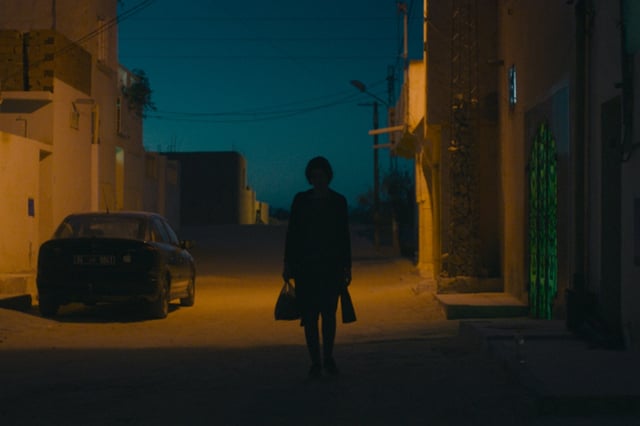Overview
- 'Aïcha' follows Aya, a young Tunisian woman who fakes her death to escape societal constraints and start anew in Tunis under the name Amira.
- The film critiques Tunisian society, tackling themes of patriarchy, corruption, and conservatism while reflecting the resilience of its youth.
- Inspired by a real-life incident, the story blends social drama, political thriller, and crime elements but struggles with narrative balance.
- Critics praise the film's feminist narrative and strong performances, though it is hindered by stereotypical secondary characters and invasive music.
- The title, meaning 'alive' in Arabic, symbolizes the protagonist's journey of rebirth and remains enigmatic until the story's conclusion.


